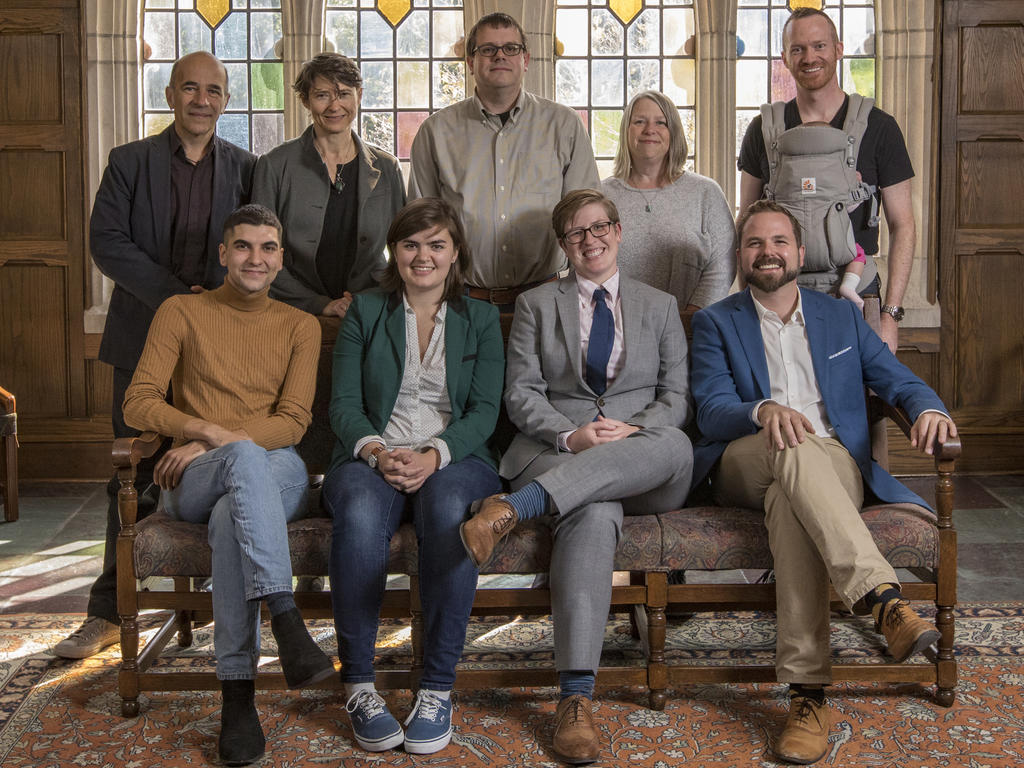Rhodes celebrated the 50th anniversary of the Thomas J. Watson Fellowship with a panel of alumni who returned to talk about their Watson experiences. Rhodes is one of only 40 partner institutions nationwide who can nominate students for this prestigious fellowship.
Watson Fellows travel outside of the U.S. for a full year to complete independent research projects about the topic of their choice. The goal of the program is to empower new graduates to “expand their vision, test and develop their potential, and gain the confidence and perspective to do so for others.”
“One of the amazing things about the Watson is that it’s not about producing something; there’s no paper or answer or creation expected at the end. It took me months to figure this out, to realize that I had the freedom to explore and read and write and be in ways that were productive to me in that moment,” says Watson Fellow Sarah Bacot ’13. “It was really powerful and helped me to think differently. I try to challenge my thinking around projects, goals, and values in the way that the Watson taught me, to make sure that I’m not missing valuable experiences and perspectives."

Rhodes was approved as a partner institution in 2001, and in 2002, Jena Balton ’02 became the college’s first Watson Fellow. Associate professor of history Michael LaRosa, who served as the faculty advisor for the fellowship for more than a decade, says that the foundation has constructed their program carefully, selecting to affiliate with smaller, nationally ranked liberal arts institutions because of the regular interaction between students and faculty. This close interaction allows faculty to better identify students who are a good fit for the fellowship.
“The Watson Foundation wants people who have big ideas, who are ambitious, who are deeply engaged, and who are unafraid to go out into the world. And that’s not everybody. It’s for a certain kind of student—and we’ve had good success,” says LaRosa.
“When the right student is selected, and when the right student goes, that student is transformed forever. There’s absolutely no doubt about it.”
By Katherine Hancock ’19
